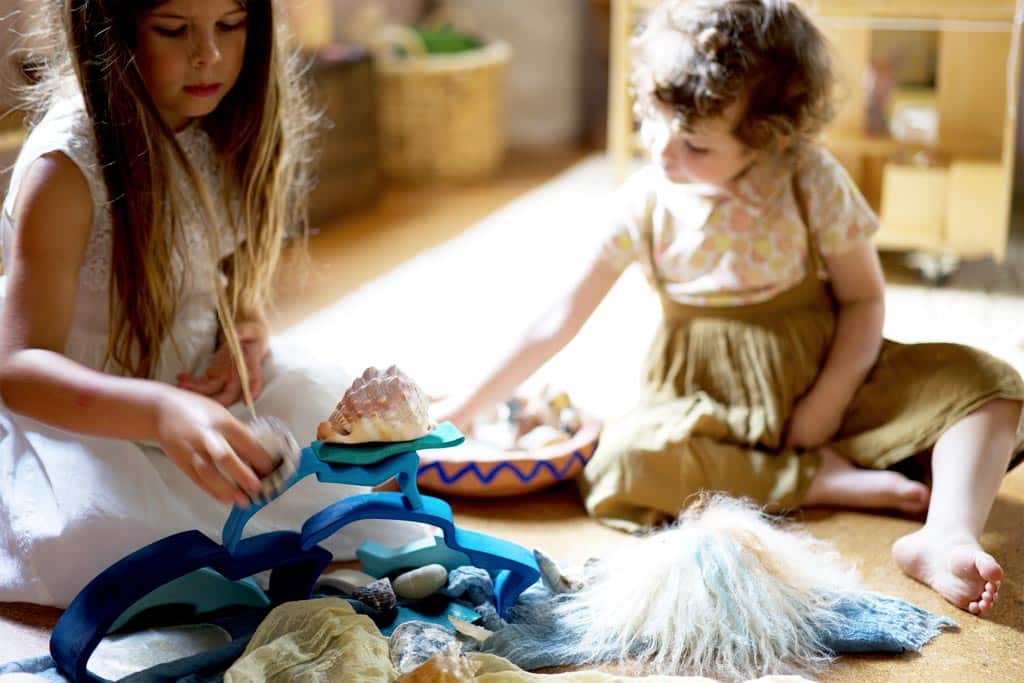“ So all we could do was to
sit
sit
sit
sit
And we did not like it, not one little bit. ”
The Cat in the Hat, Dr. Seuss
‘Only boring people get bored’ – we’ve all said it, or heard other parents saying it to their children, when they complain of having nothing to do. It’s a platitude that comes from a good place, a light-hearted way of encouraging a child to think of something to do.
I agree with the overall sentiment, but would argue the semantics of this familiar saying are wrong. In my view, the most exciting, creative people are the ones who do get bored.
Being bored is good for children. As the American author and homeschooler Laura Grace Weldon writes in her excellent book, Free Range Learning:
“ At the heart of boredom is a kind of discomfort, often with oneself. An itchy, icky, I don’t want to feel this way another second sort of feeling. Boredom can be seen as a line of demarcation between what is comfortable and what is unknown. The feeling of discomfort is an inner signal to pay attention. ”
She argues that children who experience boredom know this boundary line and can recognise the tingle of possibility that lies here. “This is where imagination lives. Some children think quietly, some ask questions, others run around. They are letting ideas rush in. Then play or introspection or art begins.”
It is tempting, as the adult, to provide the ‘bored’ child with something to do. Finding sources of endless entertainment becomes another stressful task on our list. Or else we turn to television and computers, which provide both adult and child with instant relief. But once we begin to see boredom as part of the creative process, something to be nurtured, rather than a problem to be solved, it needn’t be such a terrible thing to hear them complain of.
Next time your child complains of boredom, encourage them to stay with the feeling, safe in the knowledge that very soon, imagination will kick in. They may not see your point of view at first, but take comfort in the knowledge that this natural process is helping to grow their mind, body and spirit, and to develop depth and imagination for life.





